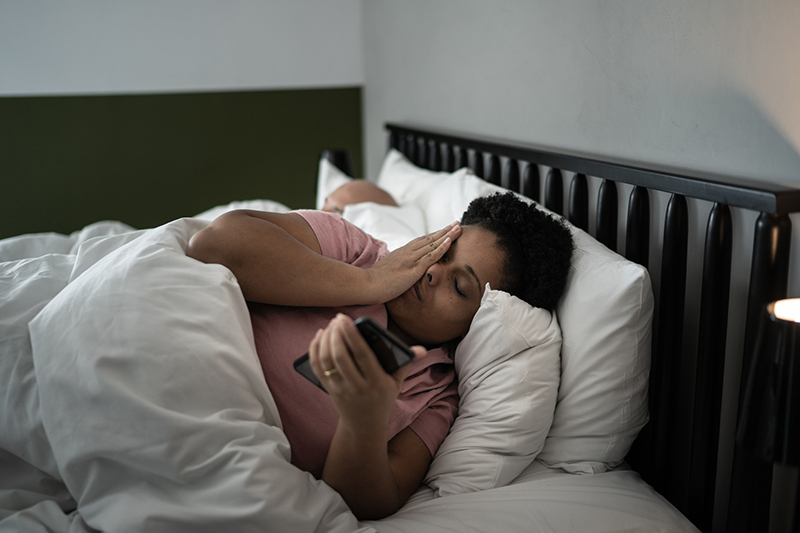How Learn to Live Delivers CBT: Part 1
Here’s a recipe that too many people try:
- Add one part poor sleep environment,
- Two parts pressure to sleep,
- Three parts going to bed early to try to catch up on sleep.
What’s the result? A big batch of insomnia!
An Underused Tool for Insomnia
Insomnia is widespread. Studies show that more than 30% of us have markers for insomnia at least some of the time. One of the best kept secrets in insomnia and health care is that there is an entirely natural solution. Cognitive behavioral therapy for insomnia (CBTi) has been proven effective in numerous peer reviewed studies. It can help you create a new recipe for sleep.
Rethinking Your Methods
Let’s start with the idea of going to bed early to try to catch up on sleep. If you struggle with insomnia, CBTi teaches that you may benefit from going to bed extra late each night for a period of time, but getting up at the same time. All this runs counter to what insomnia sufferers reflexively choose.
After a bad night’s sleep, it’s natural to want to go to bed EARLY the next night to try to catch up on sleep. When that fails, you may try to sleep in the next morning. The problem is that our bodies are expecting to stay awake for a certain number of hours after we wake up. So going to bed early the next night will probably result in lying in bed, unable to sleep.
So When Should You Go To Bed?
A CBTi best practice is to record your sleep tracker data. You’ll then know the amount of sleep you are getting each night. Once you know how much sleep you are actually getting, now you can figure out what time to go to bed based on your own data.
Often that initial go-to-bed time is much later than many are used to. So it’s understandable when people doing CBTi have misgivings:
- Don’t I need more sleep not less?
- Will this just ruin my day tomorrow?
Keep in mind that the CBTi go-to-bed time still allows a person to get just as much sleep as they’ve been getting anyway. Now it’s just in a more condensed way with fewer interruptions (at least after a few nights). We really can tolerate some bad nights of sleep and still make it through the day. Even if it takes a couple of nights for the new sleep schedule to have an impact, the price is temporary and it will be worth it.
Studies show that this is the single most impactful thing we can do for our sleep. It’s more powerful than the best sleep medications for long term benefits.
In our Insomnia program, the sleep scheduling tool is combined with key information about how to think about sleep and better prepare for it. Once you take the pressure off yourself and improve your sleep environments, you’ll be have the ingredients for success.
So if you have more of an appetite for sleep, then CBTi for insomnia might be a recipe you want to try.




